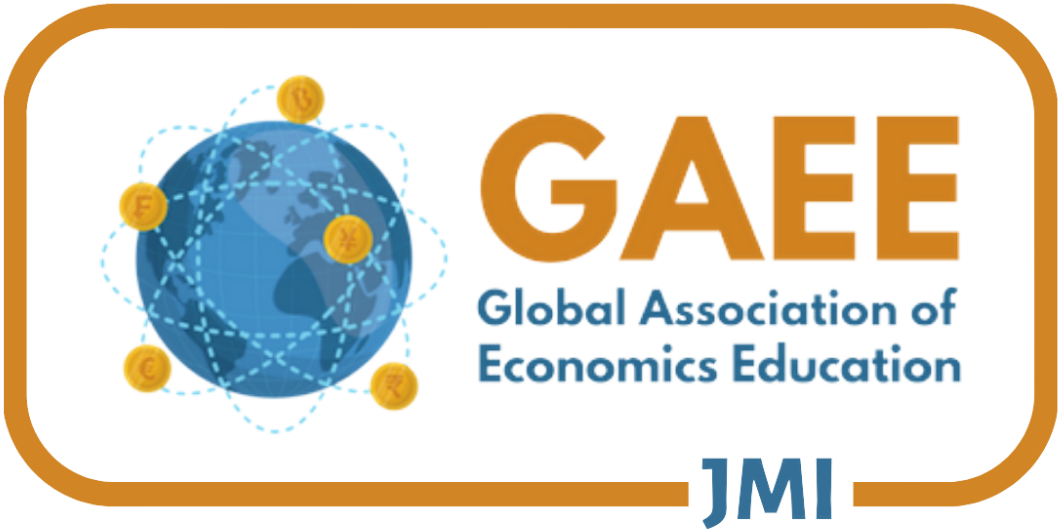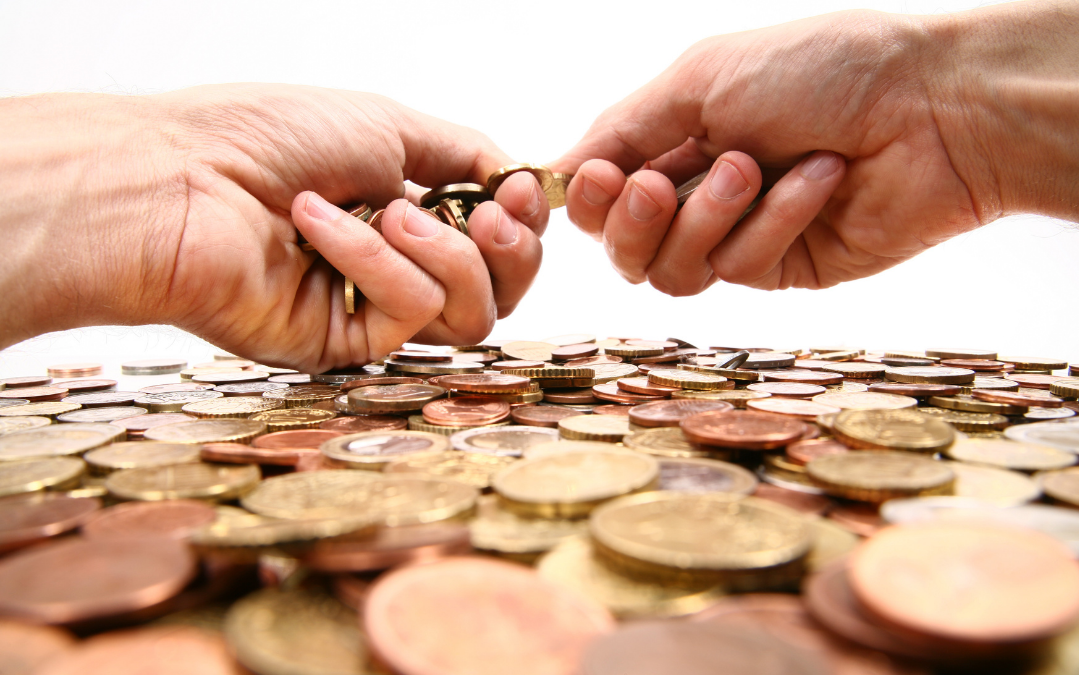Article by Afsah Shahid from Economics Wing, GAEE JMI
The study of economics helps human beings make rational decisions about economic processes and efficiently shape them. Since the time of Aristotle, economists have separated moral virtues from economics. However, moral judgments will not bypass economics. Unfortunately, people have submitted themselves to dissatisfaction. They desire to possess as many resources as possible but do not realise that these unlimited desires cannot provide happiness but account for their greediness. Even after having basic comfort and necessities, greed can never be satiated. Henry David Thoreau famously quoted this in 1854 as – “The mass of men lead lives of quiet desperation. What is called resignation is confirmed desperation”.
In general, people tend to make decisions in their interest and the profit motive. There is little emphasis on the welfare of other people. Greedy people tend to make decisions that are profitable for them at the cost of others. Many people may consider it as ‘natural’ as well as important for survival nowadays, but what impact does this have on the economy as a whole? The sub-prime mortgage crisis is an example of a naked demonstration of human greed, selfishness, and self-profit motive. To gain profits, buyers ignored the possibility that they may not be able to re-pay their loans due to a fall in the market value of the houses.
Similarly, lenders ignored the possibility that they may not be able to recover back their money. Eventually, borrowers were not able to pay back the loans and hence defaulted. It is estimated that 20 per cent of mortgages in 2005 and 2006 went to people who would not have been able to qualify under normal lending requirements. These people were the subprime borrowers. When the banks foreclosed on their property, it still suffered from losses as the market value of the houses dropped sharply. Hence, unable to recover their money and many banks went bankrupt or shut down. E.g., the bankruptcy of Lehman Brothers was a major cause of the 2008 stock market crash. This led to the start of the global financial crisis in 2008. The crisis could have been easily avoided if people had shown self-control and not the greed of earning more profits. The crisis had a terrible effect on the economy and society. It led to the failure of various businesses, foreclosures, unemployment, stock market collapse, economic activity downturn, global recession and European sovereign debt crises.
Capitalism has its pros and cons. Even though it accelerates economic development, growth and encourages innovation, self-interest is a predominant feature of a capitalist economy. It focuses on a free market mechanism with minimum or no intervention of the government. Unregulated capitalism where the rich exploit the poor leads to the Matthew effect- “the rich get richer, and the poor get poorer”. This increases the income inequality in society.

Capitalism is prone to market failures, i.e., when the allocation of goods by a free-market mechanism is not Pareto efficient harms the overall welfare of the society. Goods are sold based on who can afford them and not on who needs them. In such a situation, when people are driven by self-interest and profit motive, and there is poor government regulation, whom will guard and take care of the weaker section of the society? Efficient regulation governance of the economy is much needed for the appropriate functioning of the capitalist economy.
These problems can be addressed by normative economics. It may not focus on facts, causes, effects, but we cannot deny its importance in today’s world. It is value-based, originating from a different perspective of people, ideas, feeling and morals. Suppose a person considers these aspects while decision making, it can result in the overall welfare of the society. However, this is just an approach. What matters is how a person wants to achieve their goal. Can considering other’s welfare first before theirs be an option people can opt for? A practical approach to this can be that if people focus on more basic needs and comfort, act in a more philanthropic manner, wisely choose what’s best for them and what impact will that have on the society, can lead to a more equitable and stable economy. This idea can help us avoid an economic crisis and help the economy deal with adverse situations.

Economics itself does not promote self-interest and profit motive. Economists themselves do not consider that greater selfishness is desirable. Smith wrote in 1759, in his first monumental work, The Theory of Moral Sentiments, “How disagreeable does he appear to be, whose hard and obdurate heart feels for himself only, but is altogether insensible to the happiness or misery of others!. . And hence it is that to feel much for others and little for us that to restrain our selfish and to indulge your benevolent affections constitutes the perfection of human nature; and can alone produce among mankind that harmony of sentiments and passions in which consists their whole grace and propriety.”
Hence, economists cannot avoid the critical analysis of their theories in terms of moral judgment and need not seek to do so. It is important to understand how moral values are important as they affect society and the economy. Individual values and behaviour play a key role in deciding economic performance. If moral values are promoted, it would not only lead to a better society but a better economy since it cannot separate an economy from its people.
(Afsah Shahid is a B.A.(Hons.) Economics student at Jamia Millia Islamia, Delhi, and a part GAEE JMI, an autonomous branch of Global Association of Economics Education in India. The views expressed are personal and they do not purport to reflect the opinions or views of GAEE or its members.)
Follow Us & Stay Tuned: https://linktr.ee/gaee.jmi


Recent Comments